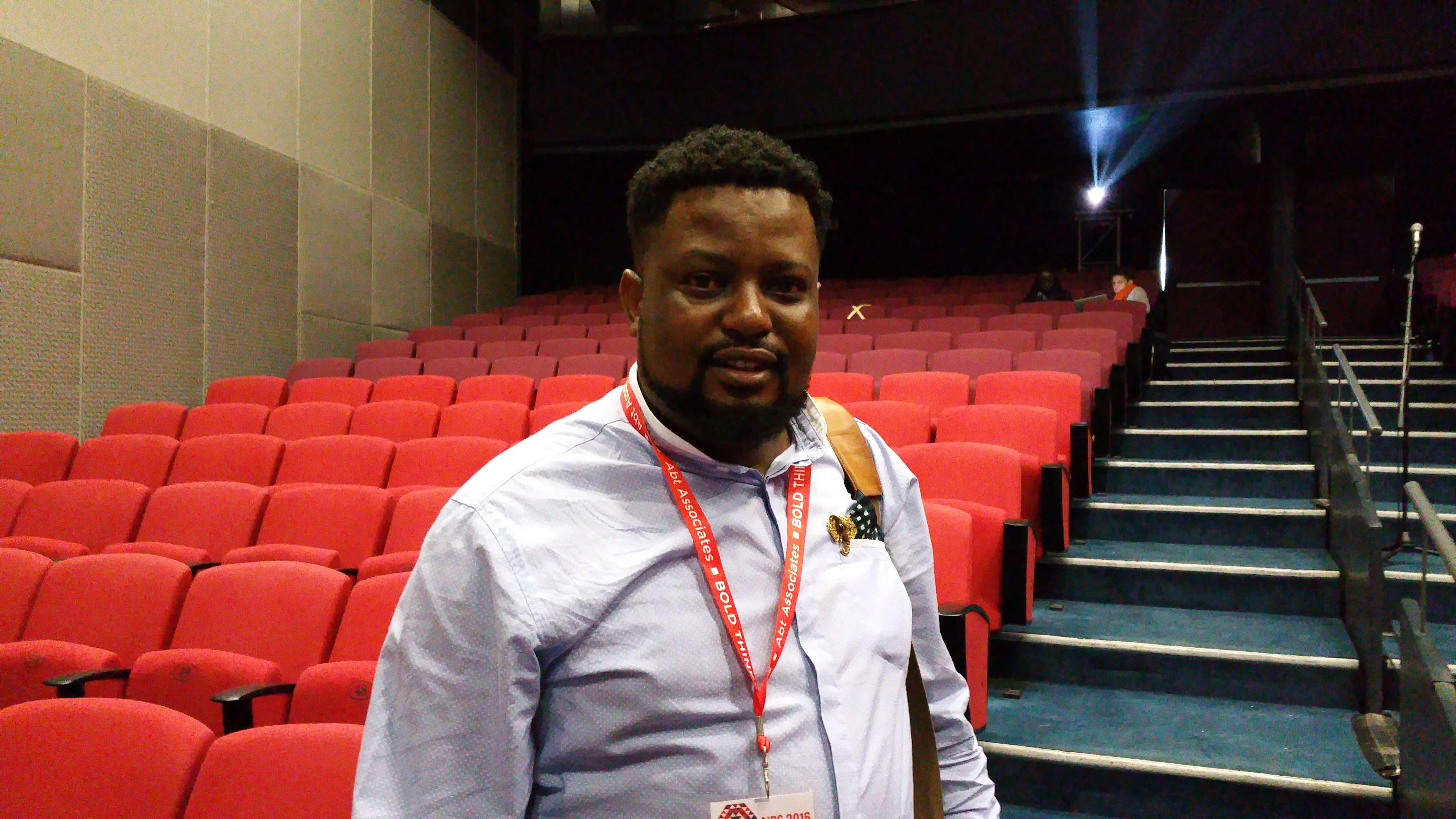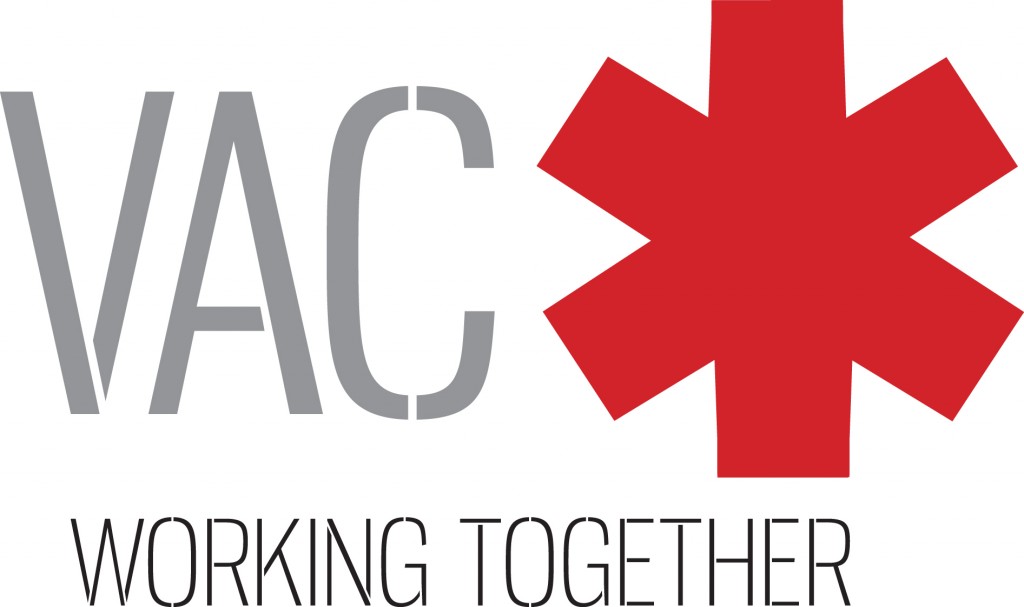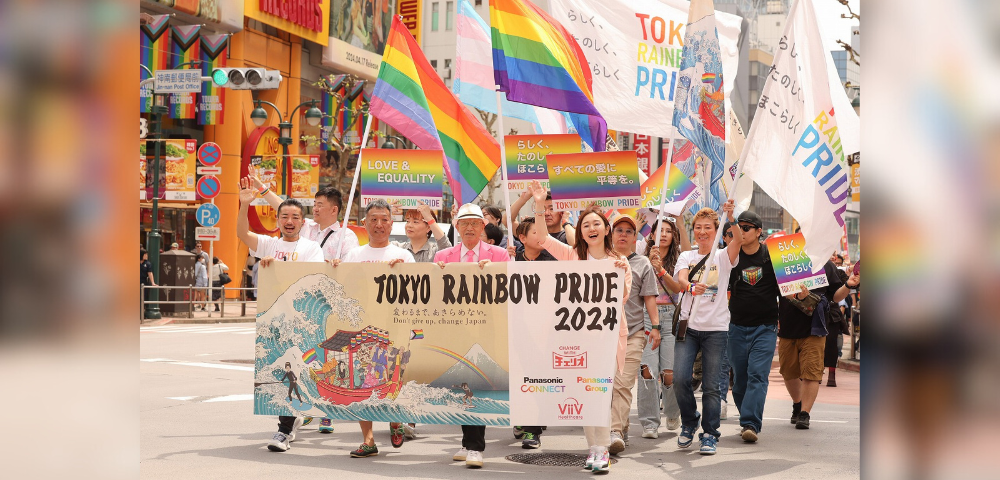
‘We can never dream of taking LGBT issues to a referendum’

When Zimbabwean activist and public health expert Humphrey Ndondo saw The Normal Heart for the first time earlier this year, the film’s imagery appeared all too familiar.
The film, based on Larry Kramer’s 1985 play of the same name, follows the lives of gay men living through the beginning of the AIDS epidemic in early-1980s New York. The community’s cries for help in the face of the deaths of friends and lovers are met with indifference from the government.
For Ndondo, early-1980s New York could have been the Zimbabwe of his present.
“My goodness,” he said, reflecting on the film, “this is us today.”
Ndondo was speaking on an AIDS 2016 panel of African activists, each highlighting LGBT community responses to HIV and AIDS epidemics in their own countries.
It was a tense discussion—along with Ndondo from Zimbabwe, panellists from Nigeria and Kenya expressed frustration at a lack of progress made for LGBT people. They said that despite foreign and NGO funding for HIV programs in their countries, LGBT communities rarely seemed to see concrete results. Instead they face persecution and violence from governments content to stir up homophobia for political gain.
Nigerian activist Ifeanyi Orazulike mentioned the hope that came with a new funding model from the Global Fund to Fight HIV, Tuberculosis and Malaria a few years ago, but said “almost two years down the line, nothing has changed”.
“Then tomorrow it will be counted as part of the investment that has come to Nigeria, or has gone to other African countries,” Orazulike said.
“Isn’t it a sign, and proof, that your investment has failed? If you’ve invested in capacity-building for how many decades, and in 2016 you’re saying the community doesn’t have capacity?”
In Zimbabwe, Ndondo runs an organisation called the Sexual Rights Centre, based in the city of Bulawayo. The centre does human rights advocacy for LGBT communities and sex workers, with a specific focus on the intersection between the two. As well as helping LGBT people and sex workers to advocate on their own behalf, Ndondo’s organisation also works with health services, educational institutions, police and other organisations within Zimbabwe to promote the safety and inclusion of these marginalised groups.
Anti-LGBT violence is common in Zimbabwe, and the country’s President Robert Mugabe has a long history of inciting homophobia. Just last September Mugabe attacked the UN over its criticisms of Zimbabwe’s appalling record on LGBT rights, telling the UN General Assembly, “we are not gays.”
Ndondo said little has changed for LGBT people in Zimbabwe since the last International AIDS Conference two years ago.
“The frustration is that we come to these spaces to tell our stories and fulfil the mandate for an AIDS conference because we are the epidemic, but the challenge is that we don’t see that translated into actual, practical ways of ensuring that we’re turning the tide against HIV,” he told the Star Observer.
“We can never dream of a Zimbabwe where we could take LGBT issues to a referendum, like we see in Europe, with Ireland… we can’t ever dream of that because we know it will have massive backlash. It is bad enough that we have politicians from the state itself propagating hate speech against LGBT communities, against sex workers.”
Ndondo expressed particular frustration not only with the gap between funding and outcomes, but with how little the UN’s rhetoric on human rights and HIV matched their lived reality.
In 2014 the UN announced the “90/90/90” targets, to be reached by 2020: 90 per cent of people living with HIV would know their status, 90 per cent of those people would be on antiretroviral treatment, and 90 per cent of those people would have suppressed levels of the virus.
That same year the UN made a commitment to “end the AIDS epidemic by 2030”, a commitment reiterated this year in Durban.
“[The problem] is setting these ambitious targets that are really just in the air,” Ndondo said.
“[It’s a problem] when you say 90/90/90 and acknowledge that key populations are the drivers of the epidemic, which is the language that we want to hear, but to not put mechanisms in place to hold countries accountable to making that a lived reality for persons within countries.”
Other panellists at the AIDS 2016 session were similarly exasperated with the UN rhetoric on progress for the global response to the HIV epidemic.
The panel’s moderator was Michael Ighodaro, a gay, HIV-positive Nigerian-born activist who in 2012 sought asylum in the United States following a homophobic attack and threats to his life. Ighodaro now works in New York for AVAC, formerly the AIDS Vaccine Advocacy Coalition.
“You will hear it over and over again at this conference, ‘no one left behind’,” said moderator Michael Ighodaro, a gay, HIV-positive Nigerian-born activist who in 2012 sought asylum in the United States following a homophobic attack and threats to his life.
“Please, stand up and say, people are left behind. African gay men, transgender, sex workers, drug users are left behind, young people are left behind, and we don’t say that.”
For Humphrey Ndondo, the widely-televised celebrations as marriage equality continues to march across the western world seem a million miles away from his reality in Zimbabwe, where his community is fighting for its very existence. He can see more of his experience in The Normal Heart than in gay communities celebrating the success of the Irish referendum on marriage equality.
“To our colleagues living in Australia and in Europe, hear more of our voices, and really understand the nuances of our struggles,” he said.
“I’m saying this in light of when we were understanding that there is marriage equality in the west, it is not necessarily the agenda for us—we are still struggling with basic access to healthcare services and HIV issues that are so stuck, and really threatening the right to live for us.”
“So that kind of sharing, that sympathy that empathy, and speaking with our voices and amplifying our voices, that’s what we’d appreciate.”
 The Victorian AIDS Council (VAC) is supporting Star Observer’s coverage of the 2016 International Aids Conference in Durban by providing travel and accommodation for a VAC staff member to attend as a journalist. Star Observer retains editorial control over the content published as part of this agreement.
The Victorian AIDS Council (VAC) is supporting Star Observer’s coverage of the 2016 International Aids Conference in Durban by providing travel and accommodation for a VAC staff member to attend as a journalist. Star Observer retains editorial control over the content published as part of this agreement.









